Improve reading skills Building Vocabulary Worksheets for Ages 4-8
13 filtered results
-
From - To
Unlock your child's potential with our "Improve Reading Skills Building Vocabulary Worksheets" designed for ages 4-8. These engaging worksheets are crafted to enhance vocabulary and foster a love for reading in young learners. Through fun activities, children will expand their word bank, mastering new terms while improving comprehension and fluency. Ideal for parents and educators alike, our resources offer effective strategies to support literacy development. Partnered with colorful illustrations and interactive exercises, these worksheets make learning enjoyable and impactful. Help your child develop essential reading skills that will last a lifetime—explore our collection today and watch their confidence soar!
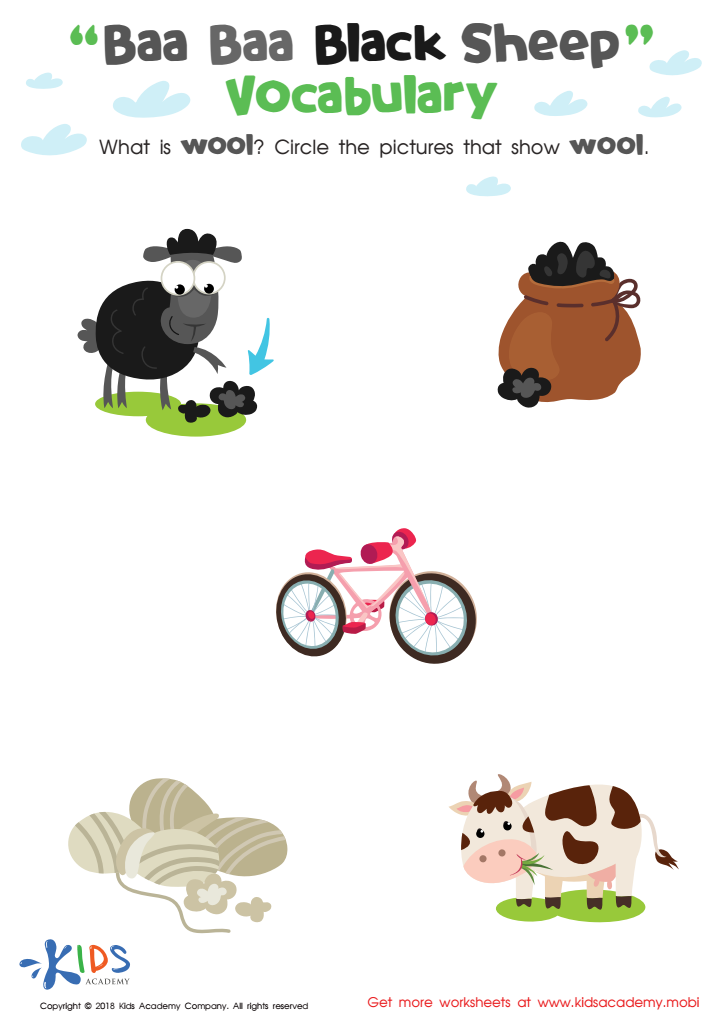

Baa Baa Black Sheep: Vocabulary Worksheet
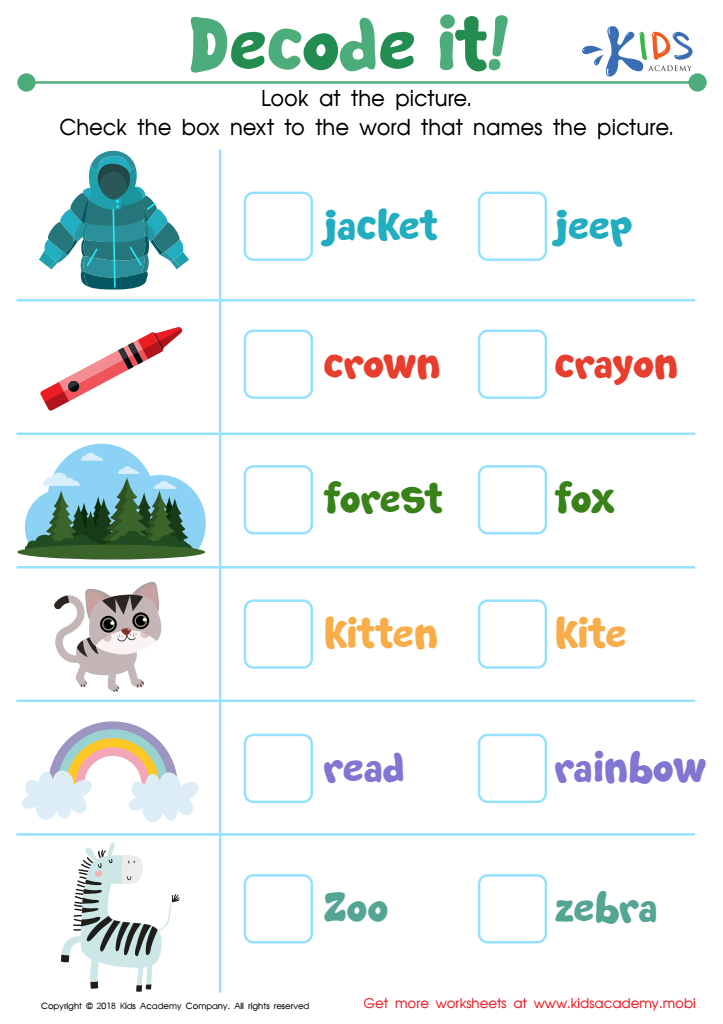

Reading: Decode It Worksheet
Improving reading skills and building vocabulary in children aged 4-8 is crucial for their overall academic success and cognitive development. During these formative years, children are rapidly absorbing language and developing comprehension strategies. A strong vocabulary lays the foundation for effective communication, critical thinking, and self-expression. When children encounter new words through books, conversations, and activities, they build cognitive connections that enhance comprehension and retention.
Additionally, a rich vocabulary helps children decode words more easily, leading to greater confidence in reading. This, in turn, promotes a love for literature and a lifelong appreciation for learning. Parents and teachers play a vital role in this process by providing engaging content, interactive reading experiences, and opportunities for children to explore language in meaningful contexts.
Furthermore, strong reading skills are linked to future academic achievements. Children who struggle with reading at an early age may face challenges in later grades, impacting their attitude toward school and learning. By investing time and resources into building vocabulary and improving reading skills during these crucial years, parents and teachers can equip children with essential tools for success, fostering both their educational journey and personal growth. This early foundation will serve children well throughout their lives.
 Assign to My Students
Assign to My Students
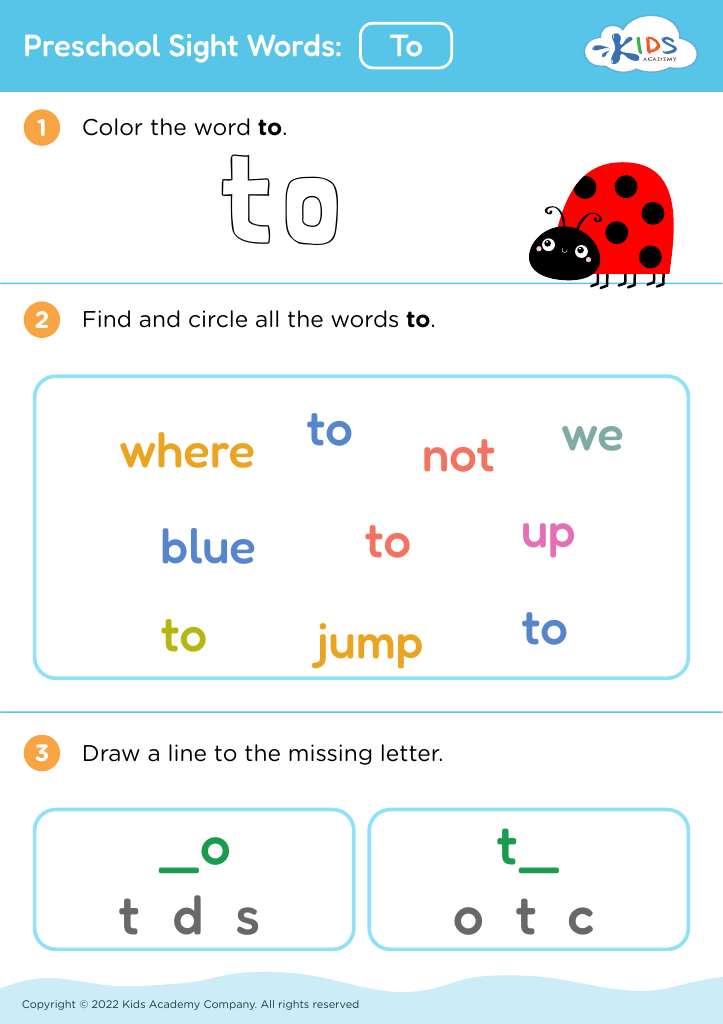
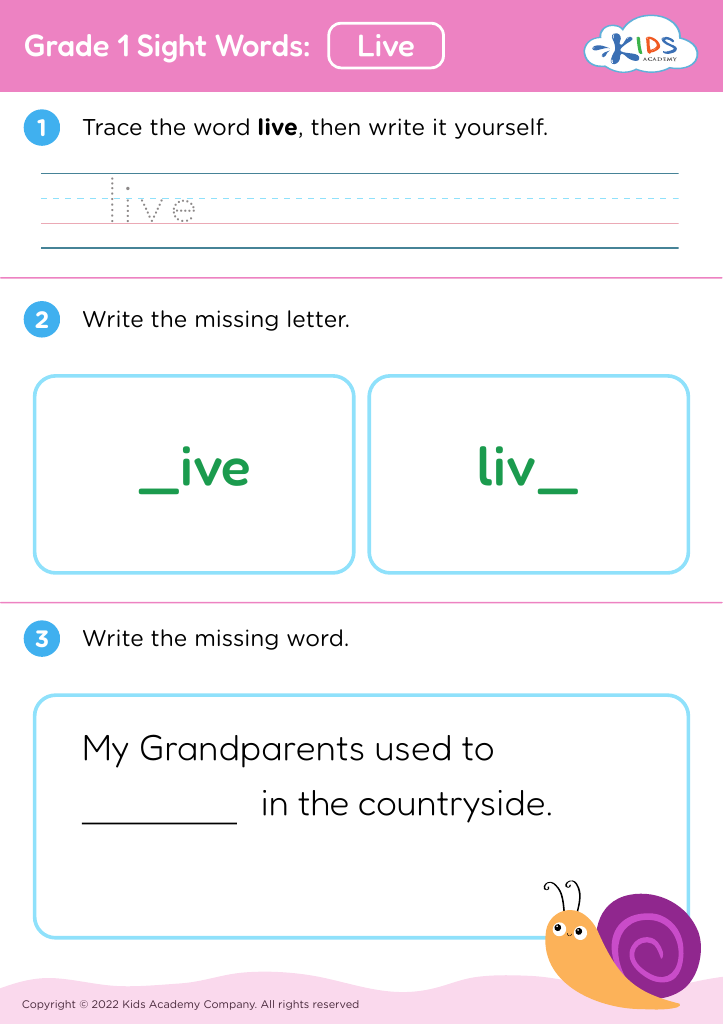
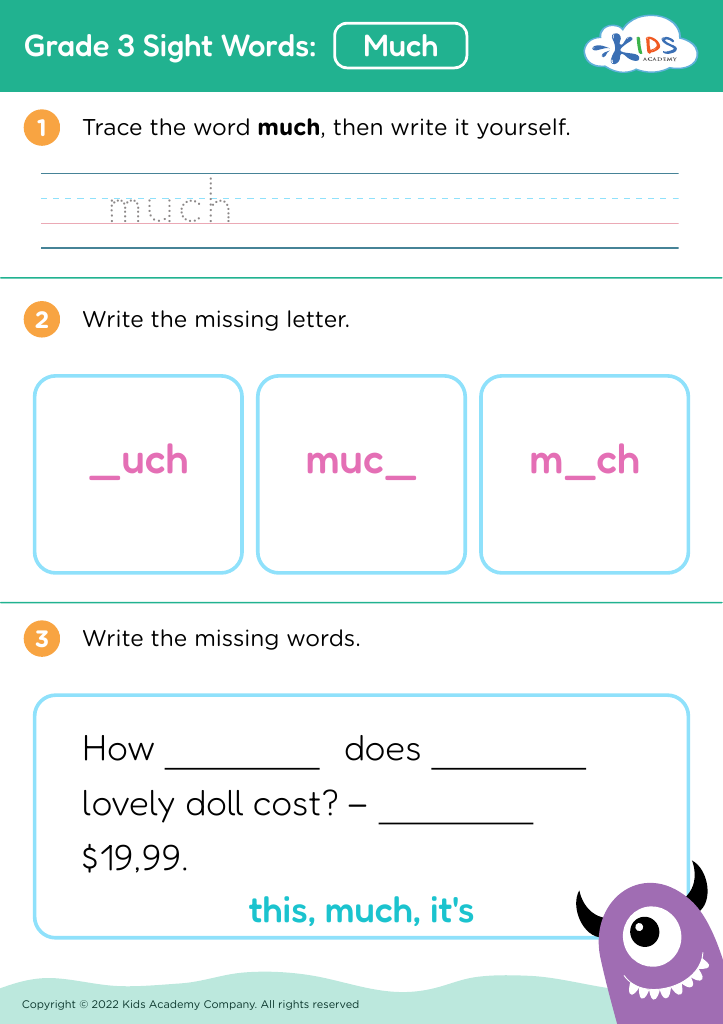

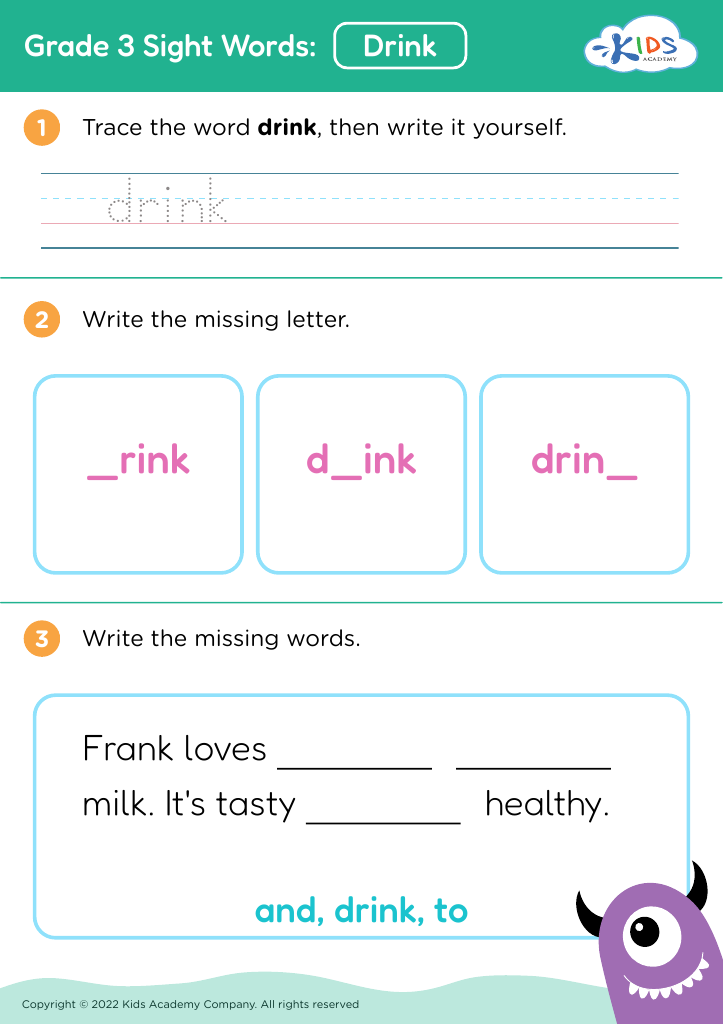
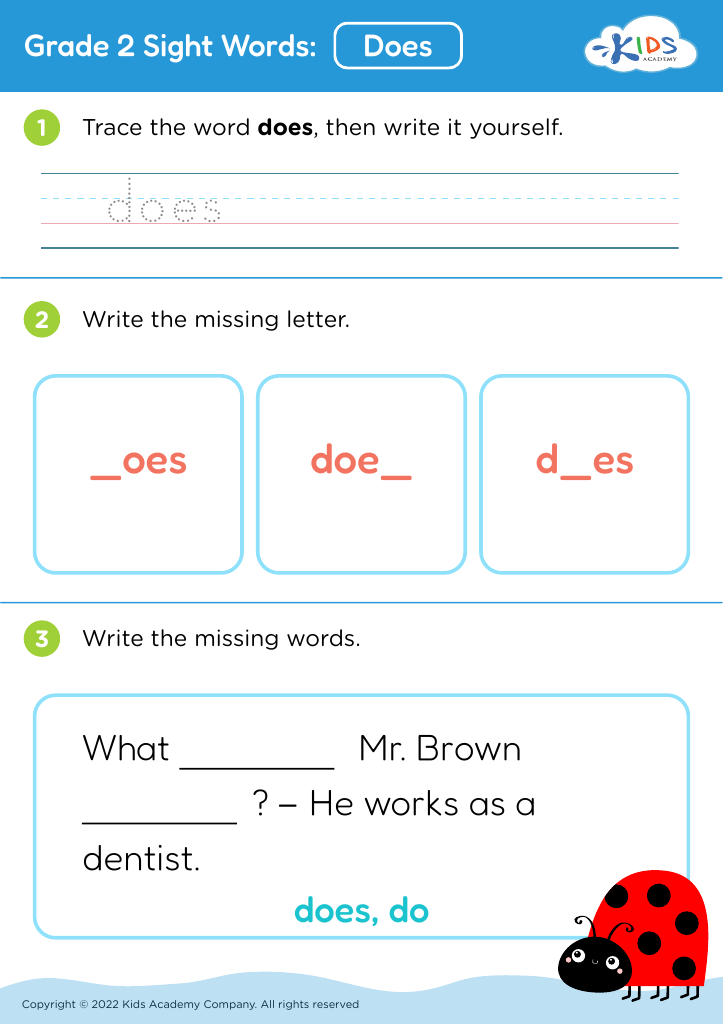
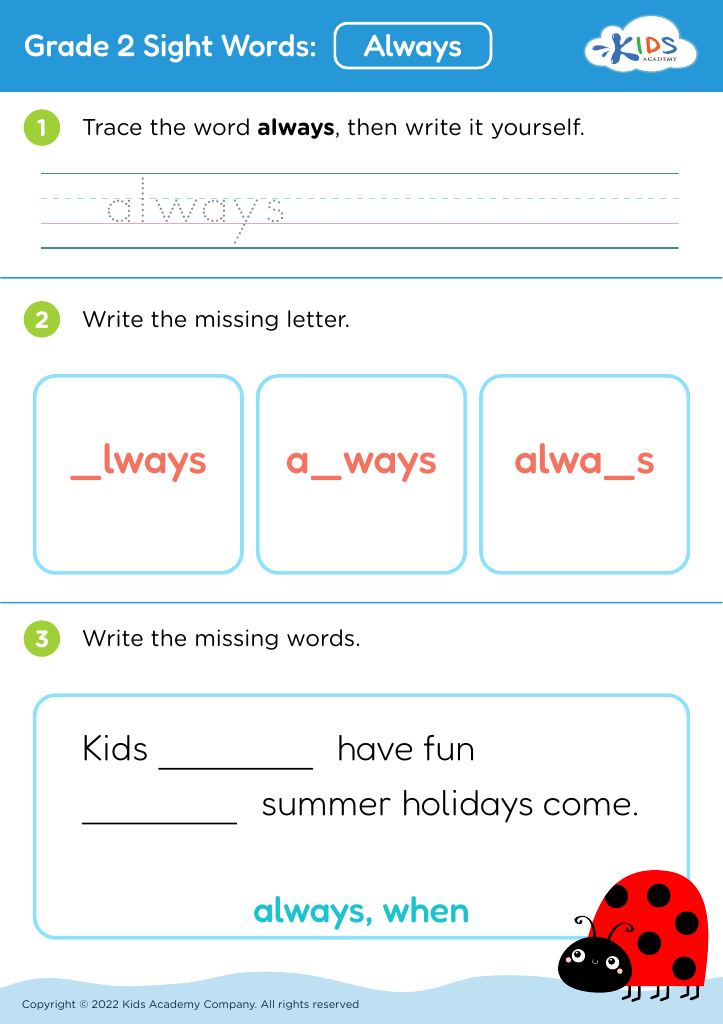

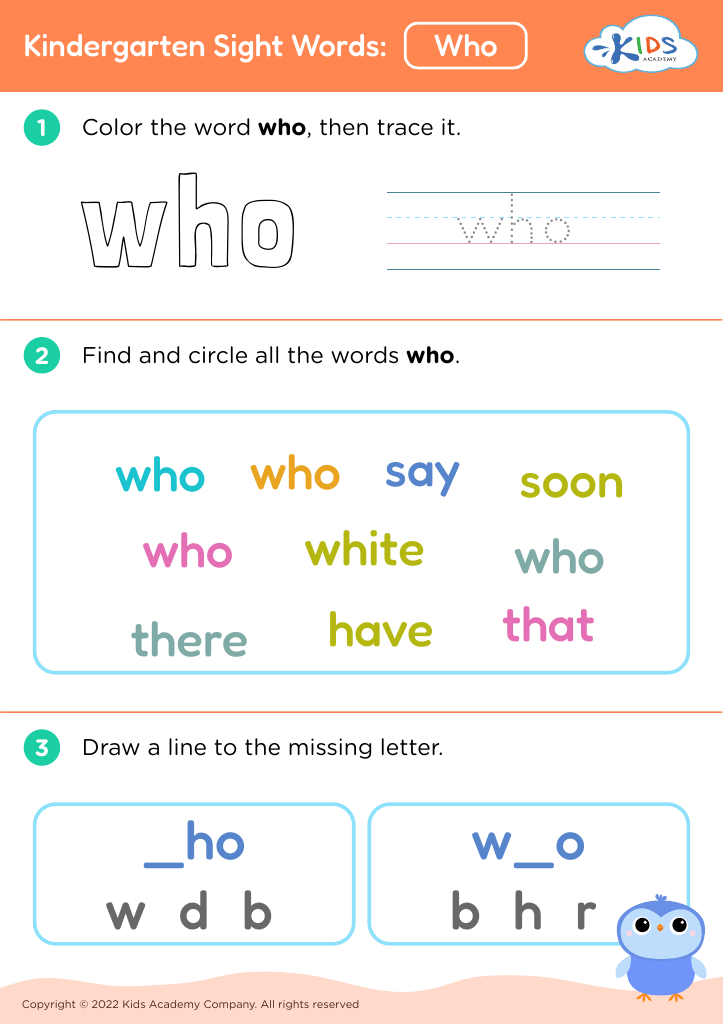
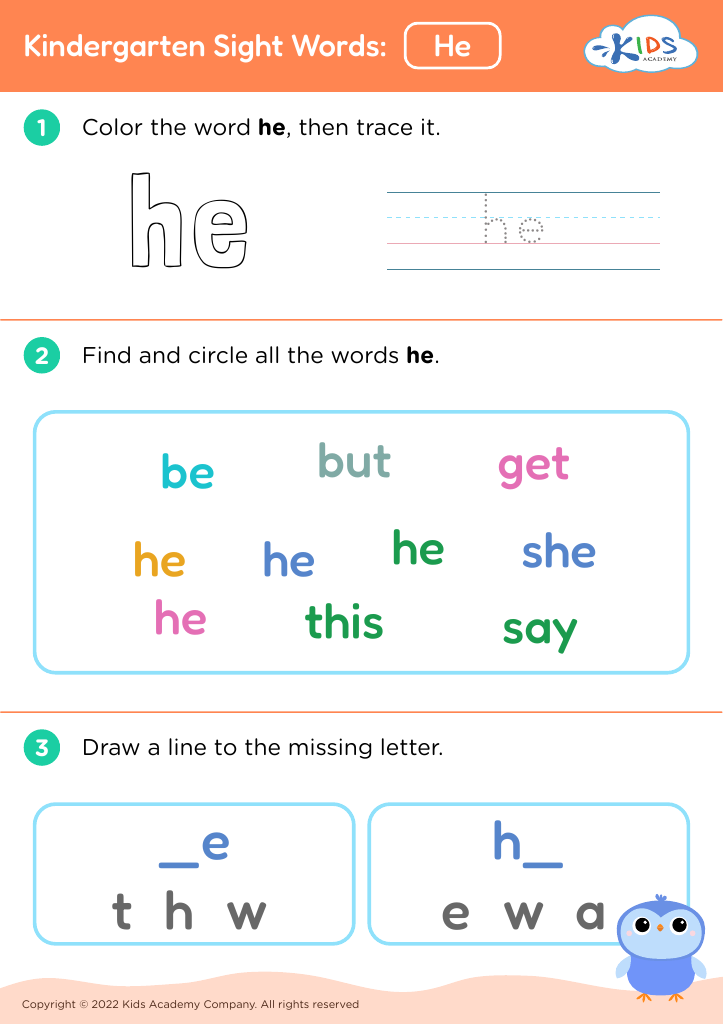
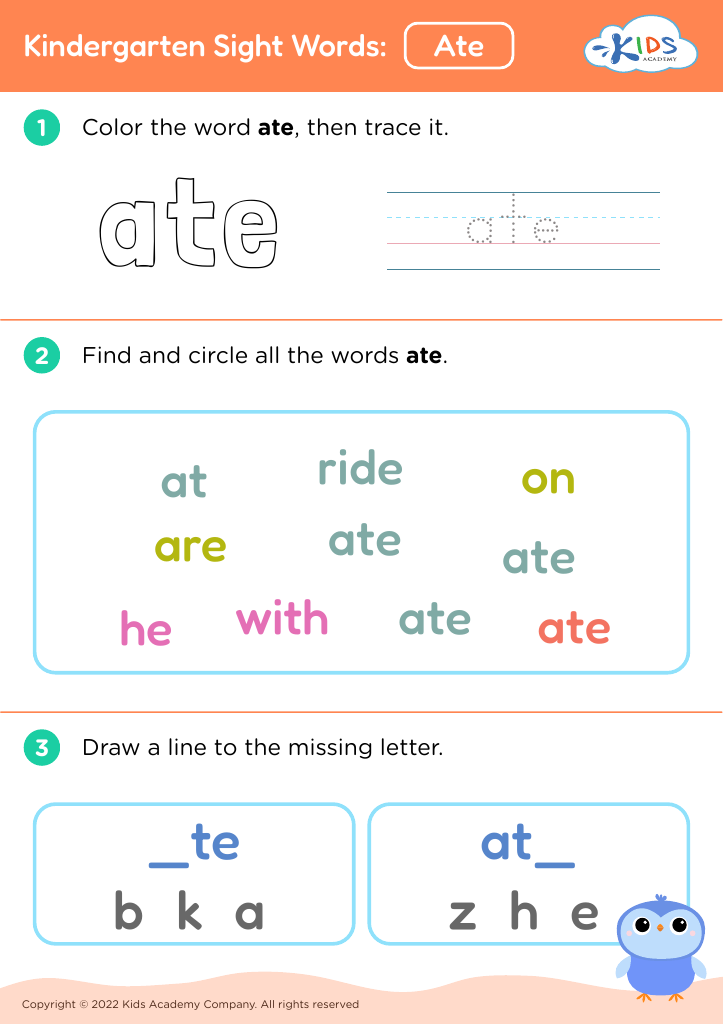







.jpg)








